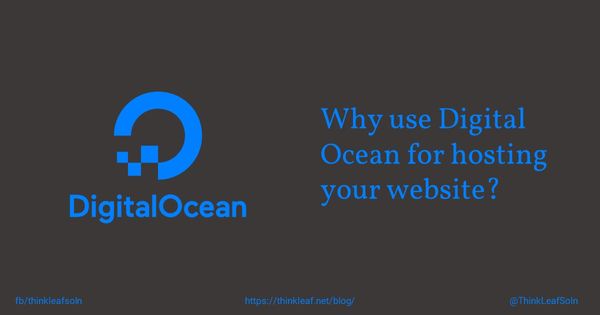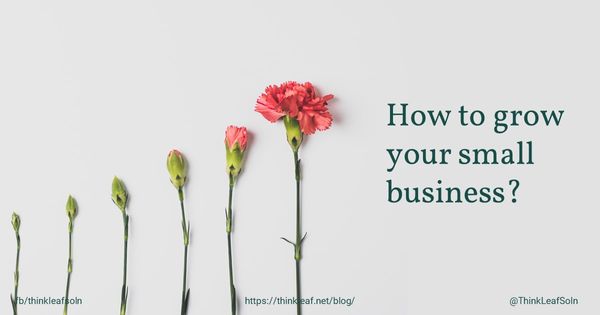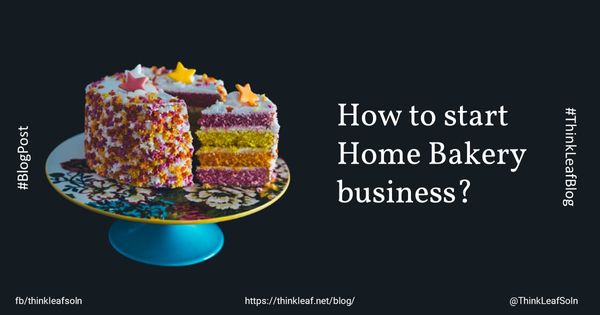WordPress is an easy-to-use content management system. It is used by a large number of websites the world over. WordPress is easy and fun to use for individuals. A person with little or no prior knowledge of coding can run a WordPress website. Before you go on to make your WP website, let us have a look at what entails ahead for you.
What is WordPress or a WordPress website?
WordPress is a web-based open-source software program. A platform which runs over 26 million websites. WordPress is known as a content management system, or CMS for short.
The WordPress CMS gives its users a centralized location where content can be published, organized, maintained, and edited, all online. Content types from text to audio and video files can be managed using WordPress.
A core team of experienced developers manages WordPress. It is supported by a committed international community of independent open-source programmers & designers. These developers and programmers work independently and collectively at the same time.
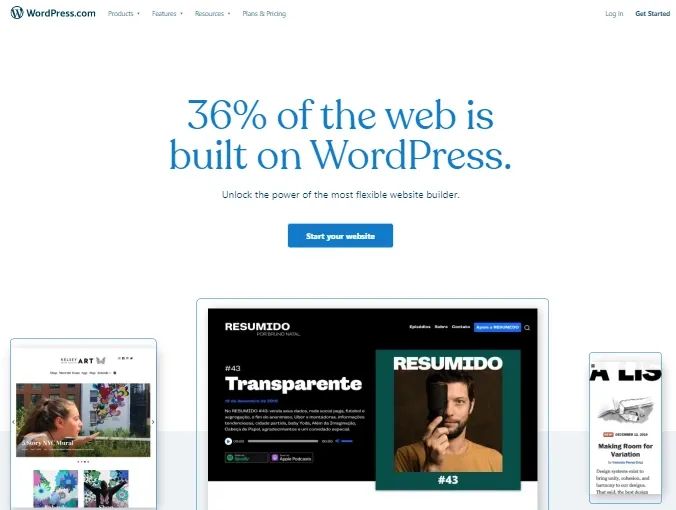
Features of WordPress
WordPress offers simplicity for its users. It has complexity for developers in code and ease of use in the user interface. This makes it flexible for both developers and end users.
What are the features of Wordpress? The following is a list of some features of WordPress; some of the features that we think you will love:
1. The Simplicity of the CMS
To build a website using the WordPress CMS, no coding or programming knowledge is required. Beginners find WordPress to be user-friendly even with no technical training or experience. This ease of use explains how and why approximately 30% of all websites are built using WordPress.
2. Flexibility to customise
With WordPress, you can create any type of website. You can even make a network of websites. You can make your website beautiful with themes. Plugins also help in extending functionality.
3. Publish with Ease
If you have created a document, you can create content in WordPress. You can create Posts and Pages. You can format them with rich media. And with the click of a button, your content can go live on the internet.
4. Publishing Tools
WordPress is a content management tool. It is easy for you to manage content. You can create draft posts, edit photos & schedule posts. You can even have a look at your past revisions. Your content can be private or be accessible to your subscribers with a password.
40% of world's websites and more than 90% of Blogs are powered by WordPress
5. User Management
Not everyone needs the same level of access to your website. Administrators manage the site whereas editors edit the content. The authors and contributors write the content.
User Levels help you manage content by segregating the tasks. Others can simply be part of your community by consuming the content.
6. Media Management
A picture says a thousand words. As a CMS, WP allows users to easily upload images and media to your their website. You can use the 'drag and drop' feature to upload media to your website. Add alt text and captions to them.
7. Full Standards Compliance
WordPress-generated code complies with the standards set by the W3C. In simple terms, your website code will not be outdated soon. It is forward compatible.
8. Extend with Plugins
WordPress comes packed with features for every user. There is a plugin for any function or feature you may want. Plugins are what make WordPress a multi-use platform.

9. Built-in Comments
WordPress has comment tools that let your community interact with you. People share their thoughts and feedback. Comments can be moderated by the administrator.
10. Search Engine Optimized
WordPress is optimized for search engines. You can find plugins that help you in doing SEO for your blog or website in WP.
Paid options give you a boost with updates as and when released by search engines and additional tools. Your SEO is covered with premium SEO plugins on WP.
11. Use WordPress in Your Language
WordPress is multilingual being available in more than 70 languages. Regional languages are finding solace to run websites and publications in WordPress thanks to the language support it offers. This is done although with multiple installations and additional plugins and switchers.
12. Easy Installation and Upgrades
WordPress has been easy to install and upgrade. Many web hosts offer one-click installations. You can use an FTP program to create a database and upload WordPress and run the installer.
Wordpress upgrades are also not an issue. You need to backup data before any upgrade starts to avoid data loss in case of an upgrade issue.
13. Data Importers
Using blog or website software that you are not happy with? Running your blog on a hosting service that is about to shut down? WordPress comes with importers for Blogger, LiveJournal, Movable Type, TypePad, Tumblr, and WordPress. If you are ready to make the move, we have made it easy for you.
14. Own Your Data
Hosting services come and go. If you have ever used a service that disappeared, you know how traumatic that can be. If you have ever seen adverts appear on your website, you have probably been pretty annoyed. Using WordPress means no one has access to your content. Own your data, all of it - your website, your content, your data.
15. Freedom from licensing
WordPress is licensed under the GPL. You are free to use WordPress in any way you choose. You can install it, use it, modify it, and even distribute it. You do not pay any licensing fees.
16. Community Support
As the most popular open-source CMS on the web, WordPress has a massive community. You can ask a question on the support forums. You can get help from a volunteer.
Attend a WordCamp or Meetup to learn more about WordPress. Read blog posts and tutorials about WordPress. Community is at the heart of WordPress, making it what it is today.
(Source: Wordpress)
Elements of WordPress
WordPress as a system can be divided into three parts for different users; users such as content writers, SEO experts, web developers and authors. Each part is relevant for each user.
1. WordPress Dashboard
You reach your WordPress Dashboard by adding the /wp-admin to your site URL (https://yoursitename.com/wp-admin). When you are working from your site's Dashboard, it is referred to as working in the"Back-End" of your site.
There are two parts to WordPress: The Public and the Private. You can liken this to the public area and back-office area of any business. The front end of the site is what the site visitor sees in their browser, while the back end is where you manage content.
2. Themes for WordPress
The theme determines the look of your site. The theme consists of PHP files with HTML, CSS, and JavaScript all working together to display your site uniquely. Don't worry about messing up your content when updating your site. You can change your theme without affecting the content.
3. WordPress Plugins
WordPress Plugins are bits of code that extend the functionality of your WordPress site. It adds functions like e-commerce, scheduling calendars, and site visitor analytics. Plugins help you with a vast array of tasks like uploading, managing or manipulating images, documents, audio, video and much more.
Plugins are similar to cell phone apps in that they are small sections of code that add different functions and features not included in a basic WordPress setup.
Many thousands of plugins are available to be downloaded and added to a website to add features including security, analytics, tools for graphics and audio and video, e-commerce, and more.
Importance of WordPress
It is important to understand WordPress and how it works. It can be a great skill to have whether you are a developer or an entrepreneur. It can be a bit overwhelming at first but with the support of the large online community and different articles about WordPress, you are sure to be guided towards the right path.
A CMS is often used for blogging, but a WordPress site can easily be turned into an eCommerce store, portfolio, newspaper website, or anything else your heart desires.
One of the best things about WordPress is that it comes with an intuitive and user-friendly interface. If you know how to use Microsoft Word, you will be able to create and publish content easily.
What is WordPress used for?
WordPress is a highly versatile tool. You can use WordPress to create different kinds of websites. The possibilities are seemingly endless, but we have listed the most common ways people use WordPress to give you a better idea.
1. Blogs
WordPress started as a blogging tool and it is still one of the most frequent uses of the website platform. You can start small with minimal cost, for example with Kinsta's Starter Plan, which gives you a robust architecture built on Google Cloud and great features. Then, as your blog gets more and more exposure, you can upgrade to more advanced options.
2. Portfolios
Artists, photographers, musicians, writers, and other creative professionals and freelancers frequently use WordPress to build their online portfolios. There are several portfolio themes available on WordPress.org, and other third-party sites, that include all features you may need, such as image galleries, lightboxes, and portfolio grids.
3. Business Websites
Small businesses find WordPress to be a good solution for their website. Although WordPress is extremely popular with SMEs, it is more and more frequently used by large corporations, too.
4. Online Shops
In WordPress, you can create an online shop. WooCommerce, the most popular eCommerce plugin for WordPress help you. It adds crucial features required for e-commerce to your website.
Popular Sites Using WordPress
Although WordPress is mostly known as a platform for bloggers and small businesses, It is also used by many notable websites.
1. The New Yorker
The popular magazine "The New Yorker" is powered by WordPress. Run 24x7 and accessed thousands of times a day with content writers and authors varied.
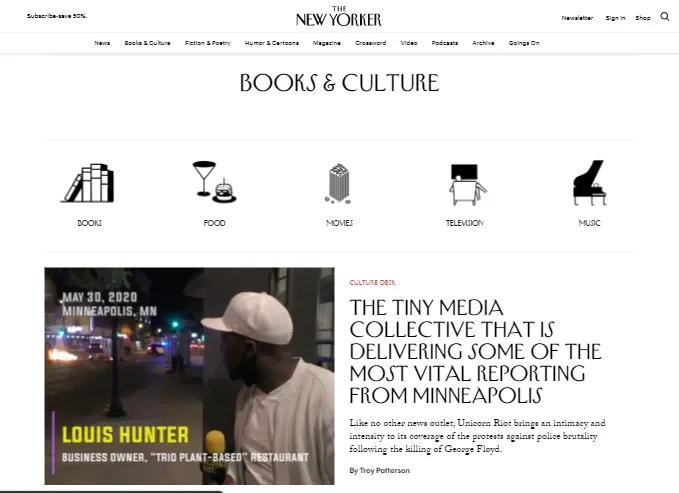
2. TechCrunch
TechCrunch is the go-to site for people interested in cutting-edge technology and startup news, maybe it is not a coincidence that they chose WordPress as their platform.
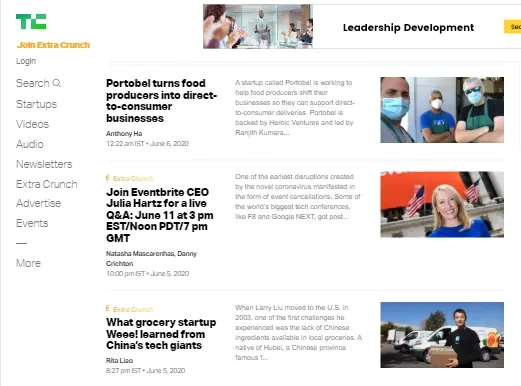
3. White House
Yes, the official .gov website of the White House also runs on WordPress. Who would have thought?
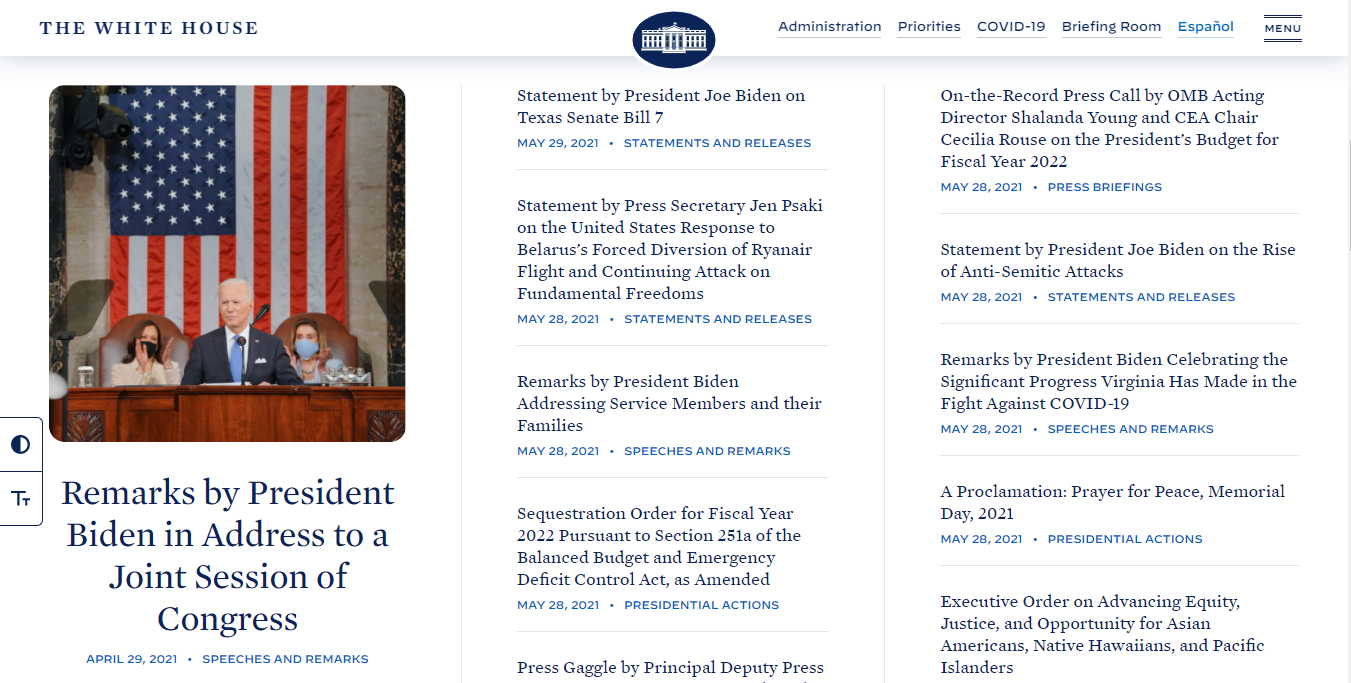
4. Beyoncé
WordPress is incredibly popular with artists, photographers, musicians, and even famous creatives, like Beyoncé. WordPress allows her to deliver an engaging user experience to her fans.
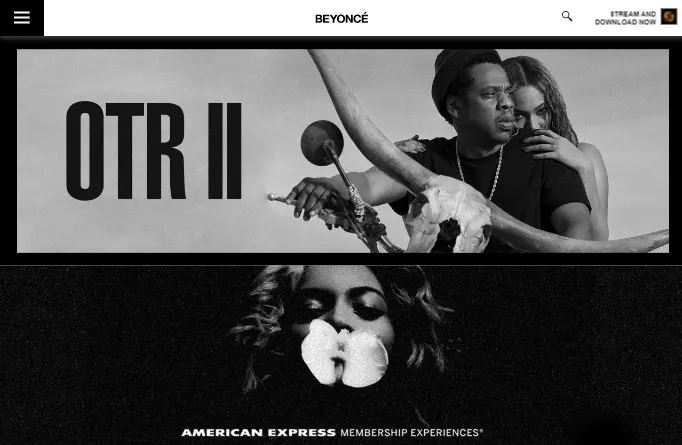
5. Microsoft News
Even the tech giant Microsoft runs its news website on WordPress. This section of the company serves the users and the world with the latest happenings at the company.
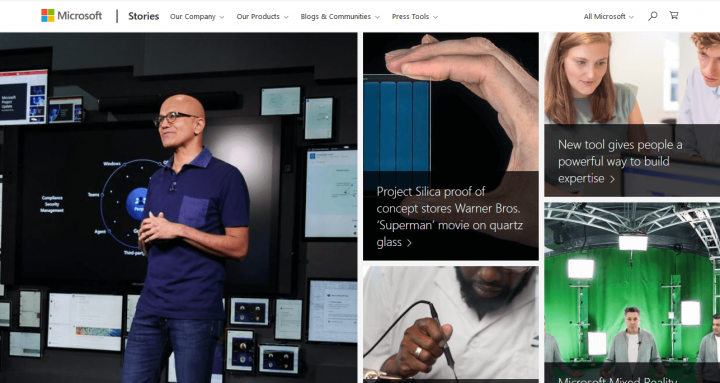
Little History of WordPress
WordPress was born out of a desire for an elegant, well-architectured personal publishing system built on PHP and MySQL and licensed under the GPL. It is the official successor of b2/cafelog. WordPress is modern software, but its roots and development go back to 2001. It is a mature and stable product. (Source: Wordpress.org)
The history of WordPress starts like most others, with an initial idea from an everyday guy (turned genius) looking to solve a problem he had at the time.
In this case, the year was 2002. Matt Mullenweg, a college student at the time, installed the b2 or cafelog blogging system for personal use. Unfortunately, the original creator of b2/cafelog had to give up updating his creation because of personal matters and the project and its community was left without a leader.
On April 1st, 2003, Matt created a new branch of b2 on SourceForge by forking the original b2/cafelog system to create his version with the help of Mike Little. Matt's friend, Christine Tremoulet recommended calling it WordPress and that's the name they stuck with.
After many hundreds of commits to the official SVN repository, the first version, WordPress 0.7 was released on May 27th, 2003. WordPress 1.0 was released in January 2004: otherwise known as the 'Davis' version. Mullenweg has an affinity for jazz greats. He names all updates after Jazz greats from the past and today.
In addition, Matt used to include a plugin called Hello Dolly in every release. This plugin is a long-standing tribute to Louis Armstrong. (Source: Kinsta)
Closure
WordPress, a versatile and easy-to-use system is a favourite among businesses and individuals. Developers and web agencies also love to work on WordPress projects. We, at Think Leaf Solutions, suggest our clients who want a premium and fast website, be it a single-page or multi-page go for WordPress.
You can read more about WordPress on our blog. You can read about the reasons to use WordPress and also how to use it for publishing content.
If you are looking to make a website for your organisation then please connect with us now for a free quote and we will be more than happy to help you.
